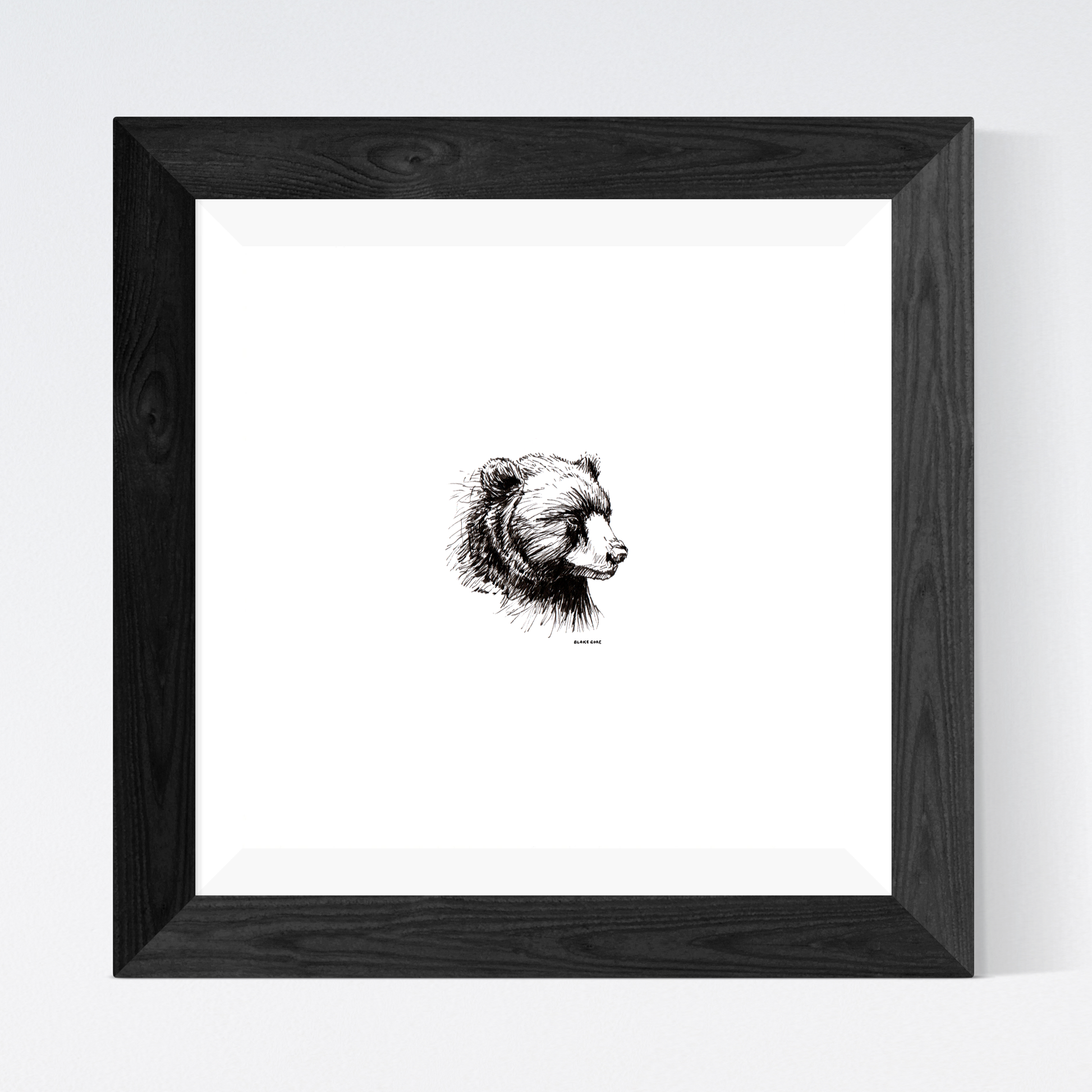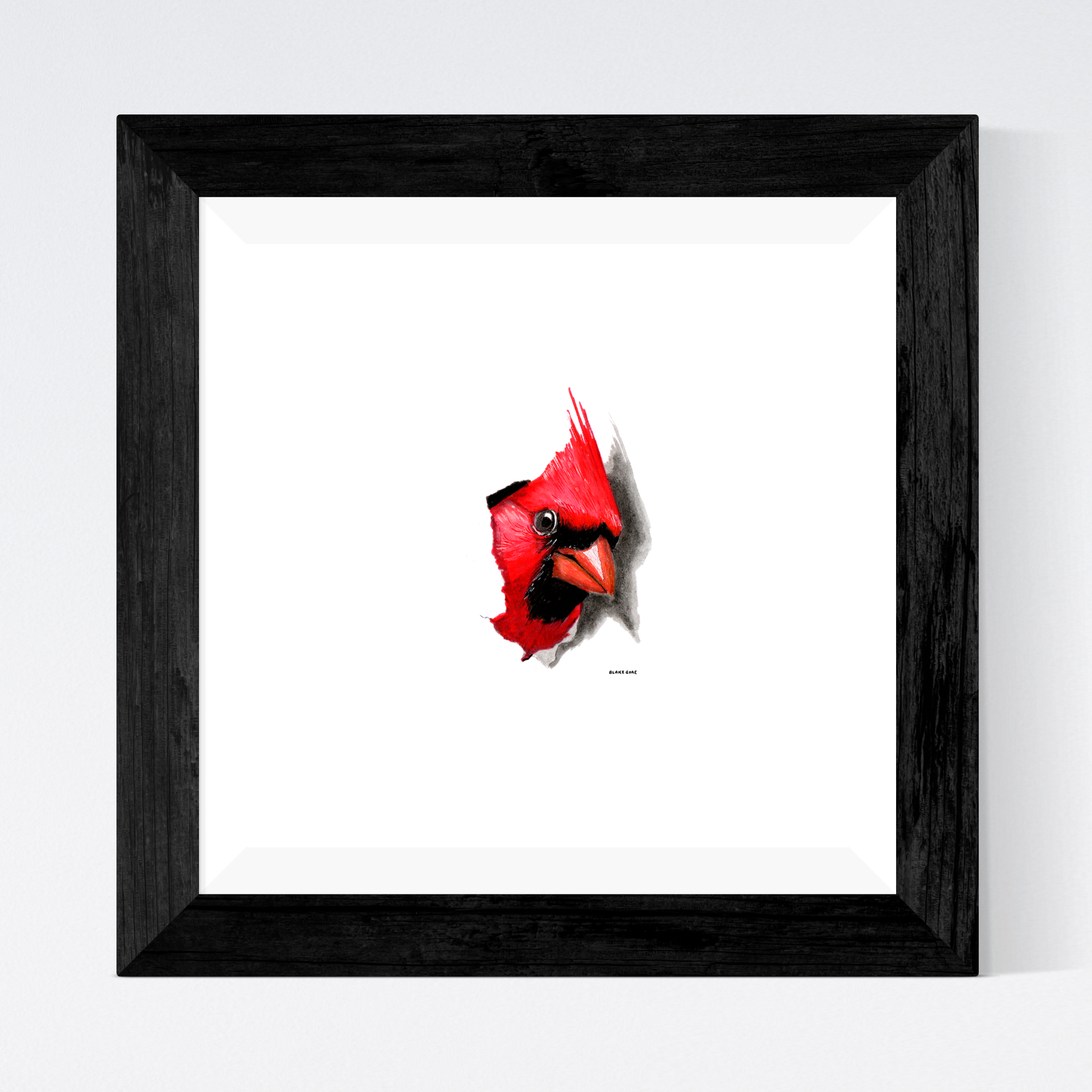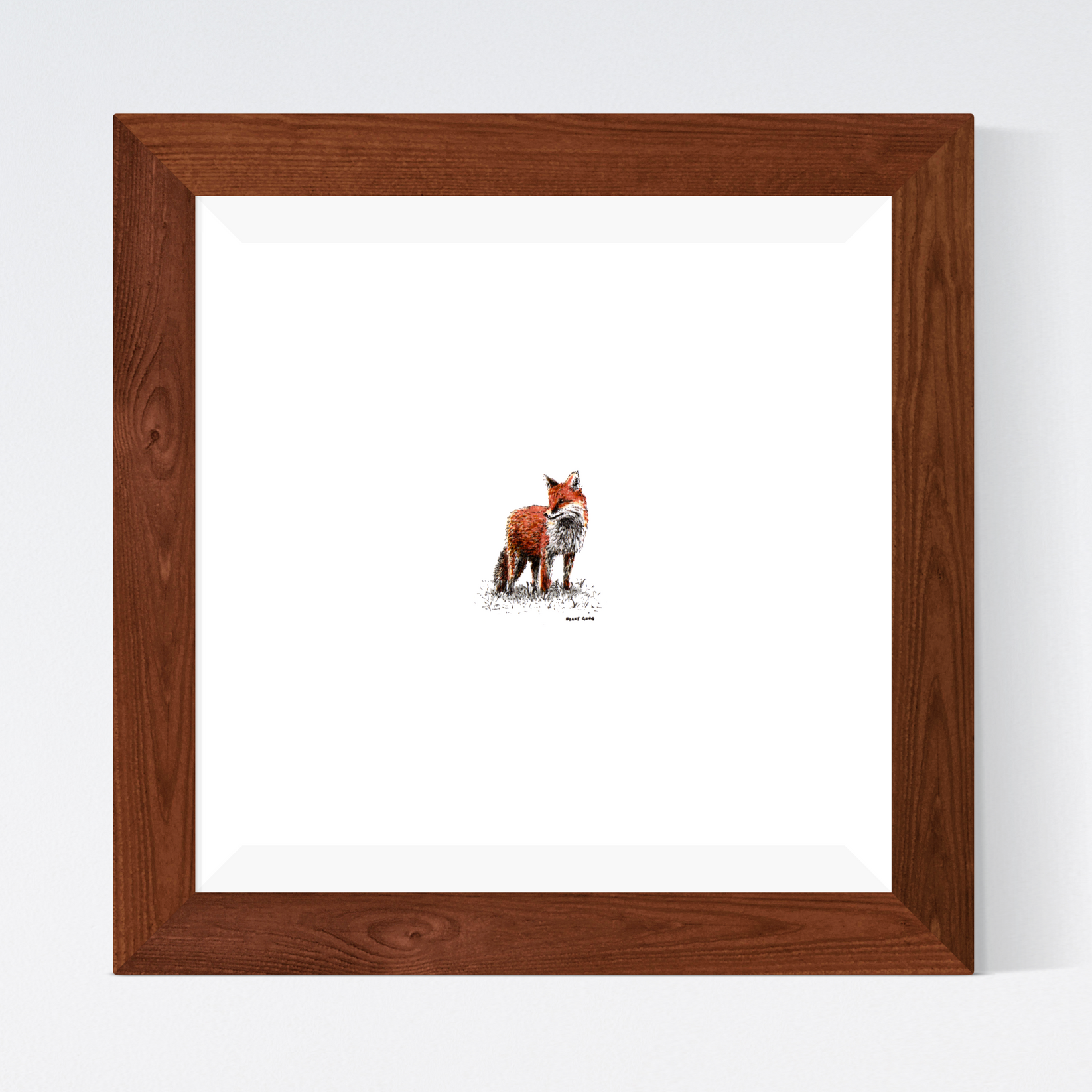Dark Gore: Exploring The Depths Of A Controversial Phenomenon
So, here we are diving into something that might make your stomach churn or spark some serious curiosity. Dark gore has become a buzzword in recent years, a topic that straddles the line between fascination and discomfort. Whether you're here out of sheer curiosity or trying to understand the cultural impact of this phenomenon, you're in the right place. Let's not beat around the bush—this isn't your average walk in the park. Buckle up, because we're about to dive deep into the world of dark gore.
Dark gore is more than just a niche interest; it's a reflection of how society processes extreme content. From underground art to internet subcultures, it's a rabbit hole that keeps getting deeper. Some people are drawn to it for shock value, others for its raw authenticity. But why does it exist, and what makes it so polarizing? We'll explore all that and more in this article.
Before we get into the nitty-gritty, let me just say this—dark gore isn't for everyone. If you're the type who gets squeamish at the sight of blood or disturbing imagery, you might want to proceed with caution. But hey, if you're brave enough to stick around, you'll gain some serious insights into the darker corners of human curiosity. So, are you ready to dive in?
- Ruby Reidleaks The Untold Story Behind The Viral Sensation
- Deephotling The Ultimate Guide To Unlocking Its Potential
What Exactly is Dark Gore?
Alright, let's start with the basics. When we talk about dark gore, we're referring to content that revolves around extreme violence, death, and graphic imagery. Think of it as the darker cousin of horror, but without the supernatural elements. It's raw, unfiltered, and often unsettling. This type of content can range from real-life crime scenes to fictional depictions of violence in movies or art.
But why does it exist? Well, human fascination with death and violence isn't exactly new. Throughout history, we've seen cultures explore these themes in art, literature, and even religion. Dark gore takes it a step further by stripping away any pretense and showing the brutal reality of it all. Some argue it's a form of catharsis, while others see it as a disturbing trend.
Why Does Dark Gore Appeal to Some People?
Now, this is where things get interesting. Why would anyone willingly expose themselves to such disturbing content? Believe it or not, there are several reasons. For some, it's about confronting their own fears and anxieties. Others find a strange sense of empowerment in understanding the darker aspects of life. And let's not forget the thrill-seekers who just want to push their limits.
- Chloe And Matt Leak The Untold Story Behind The Viral Sensation
- Deephot The Ultimate Guide To Unlocking Its Potential
Here's the thing—our brains are wired to process danger and fear. Watching or experiencing dark gore can trigger a rush of adrenaline, making it almost addictive for some people. It's like riding a rollercoaster or watching a horror movie—it's scary, but you can't look away. Of course, not everyone shares this fascination, and that's perfectly okay. But for those who do, it's a powerful way to explore the human condition.
The Cultural Impact of Dark Gore
Dark gore isn't just a fringe interest; it's had a significant impact on popular culture. From movies like "The Texas Chainsaw Massacre" to video games like "Mortal Kombat," extreme violence has been a staple of entertainment for decades. But it's not all fun and games. The rise of the internet has made it easier than ever for people to access and share this type of content, raising important questions about censorship and ethics.
Some argue that dark gore desensitizes people to violence, while others believe it's a necessary outlet for our darker impulses. Whatever your stance, there's no denying its influence on modern media. It's sparked debates, inspired art, and even influenced fashion trends. Love it or hate it, you can't ignore its presence in today's world.
Dark Gore in the Digital Age
The internet has changed the game when it comes to dark gore. Platforms like Reddit, 4chan, and even TikTok have become hotbeds for discussions about extreme content. While some communities focus on art and creativity, others delve into the more disturbing aspects of human nature. It's a double-edged sword—on one hand, it allows people to connect and share their interests. On the other hand, it can also lead to harmful behaviors and misinformation.
One thing's for sure—the digital age has made it easier than ever to access dark gore. Whether it's through dedicated websites or hidden corners of the web, there's no shortage of content for those who seek it out. But with great power comes great responsibility, and it's up to each individual to decide how far they're willing to go.
Is Dark Gore Harmful?
This is the million-dollar question, isn't it? Is dark gore actually harmful, or is it just another form of entertainment? The answer, as with most things, is complicated. For some people, consuming extreme content can lead to desensitization, anxiety, or even trauma. Others might find it cathartic or educational, depending on their perspective.
Studies have shown that prolonged exposure to violent media can affect brain chemistry, particularly in younger audiences. However, the jury's still out on whether it directly causes violent behavior. What we do know is that everyone reacts differently, and it's important to be mindful of your own mental health when exploring this type of content.
The Psychology Behind Dark Gore
Let's take a moment to dive into the psychology of it all. Why are some people drawn to dark gore while others can't stand it? It all comes down to individual differences in personality, upbringing, and life experiences. People who score high on traits like sensation-seeking or openness to experience might be more likely to enjoy extreme content. On the flip side, those with anxiety or trauma might find it overwhelming.
Interestingly, researchers have also found that exposure to dark gore can sometimes lead to increased empathy. By confronting the harsh realities of life, people may develop a deeper understanding of suffering and resilience. Of course, this isn't true for everyone, but it's an interesting perspective to consider.
Dark Gore in Art and Literature
Art has always been a powerful medium for exploring dark themes, and dark gore is no exception. From Hieronymus Bosch's "The Garden of Earthly Delights" to contemporary works by artists like Damien Hirst, extreme imagery has been used to challenge societal norms and provoke thought. In literature, authors like Stephen King and Clive Barker have mastered the art of weaving dark gore into their stories, creating unforgettable experiences for readers.
But why use such extreme content in art? For many creators, it's a way to push boundaries and explore the human psyche. By confronting the darkest aspects of life, they hope to shed light on the beauty and complexity of existence. It's not always pretty, but it's undeniably powerful.
Controversial Artists and Their Dark Gore
Let's take a moment to shine a spotlight on some of the most controversial artists in the world of dark gore. One name that often comes up is Marquis de Sade, whose writings about extreme violence and sexuality shocked audiences in the 18th century. Fast forward to today, and you'll find artists like Tracy Emin and Jake Chapman pushing the envelope with their provocative works.
While some critics dismiss their creations as gratuitous, others see them as important statements about the human condition. It's a delicate balance between shock value and meaningful expression, and not everyone agrees on where the line should be drawn.
Dark Gore and Mental Health
Now, let's talk about the elephant in the room—mental health. Consuming dark gore can have both positive and negative effects, depending on how you approach it. For some, it's a way to process trauma or explore difficult emotions. For others, it can trigger anxiety, depression, or even PTSD. It's all about finding the right balance and being mindful of your own limits.
If you're struggling with mental health issues, it's important to seek professional help. Talking to a therapist or counselor can provide valuable insights and support. And if you find that dark gore is affecting your well-being, it might be time to take a step back and reassess your relationship with this type of content.
Signs That Dark Gore is Affecting You
So, how do you know if dark gore is having a negative impact on your life? Here are a few red flags to watch out for:
- Increased anxiety or depression
- Difficulty sleeping or recurring nightmares
- Feeling numb or desensitized to violence
- Withdrawing from friends and family
- Obsessive thoughts about dark content
If any of these sound familiar, it might be time to take a break and focus on your mental health. Remember, it's okay to set boundaries and prioritize your well-being.
Dark Gore in the Media
The media has played a significant role in shaping public perception of dark gore. From sensationalized news stories to viral videos on social media, extreme content is everywhere you look. But is this a good thing? Some argue that it's important to report on these issues to raise awareness, while others believe it only perpetuates fear and misinformation.
As consumers, it's our responsibility to critically evaluate the information we consume. Not everything you see online is true, and it's important to verify sources before jumping to conclusions. If you're unsure about the validity of a story, do your research and seek out credible sources.
Conclusion: Should You Dive Into Dark Gore?
And there you have it—a deep dive into the world of dark gore. Whether you're a long-time fan or just curious about the phenomenon, I hope this article has provided some valuable insights. Remember, dark gore isn't for everyone, and that's perfectly okay. It's important to know your limits and prioritize your mental health when exploring this type of content.
So, what's next? If you're feeling inspired, why not leave a comment or share this article with a friend? And if you're looking for more content like this, be sure to check out our other articles. Thanks for reading, and remember—sometimes it's okay to embrace the darkness, as long as you do it safely.
Table of Contents
- What Exactly is Dark Gore?
- Why Does Dark Gore Appeal to Some People?
- The Cultural Impact of Dark Gore
- Dark Gore in the Digital Age
- Is Dark Gore Harmful?
- The Psychology Behind Dark Gore
- Dark Gore in Art and Literature
- Controversial Artists and Their Dark Gore
- Dark Gore and Mental Health
- Dark Gore in the Media
- Dana Whites Sister Kelly White The Untold Story Of Ufcs Family Dynasty
- Johannes Nussbaum Educacioacuten A Closer Look At His Educational Journey And Impact

Bear, Miniature Fine Art Print by Blake Gore Blake Gore Miniature Art

Cardinal, Miniature Fine Art Print by Blake Gore Blake Gore Miniature Art

Fox, Miniature Fine Art Print by Blake Gore Blake Gore Miniature Art